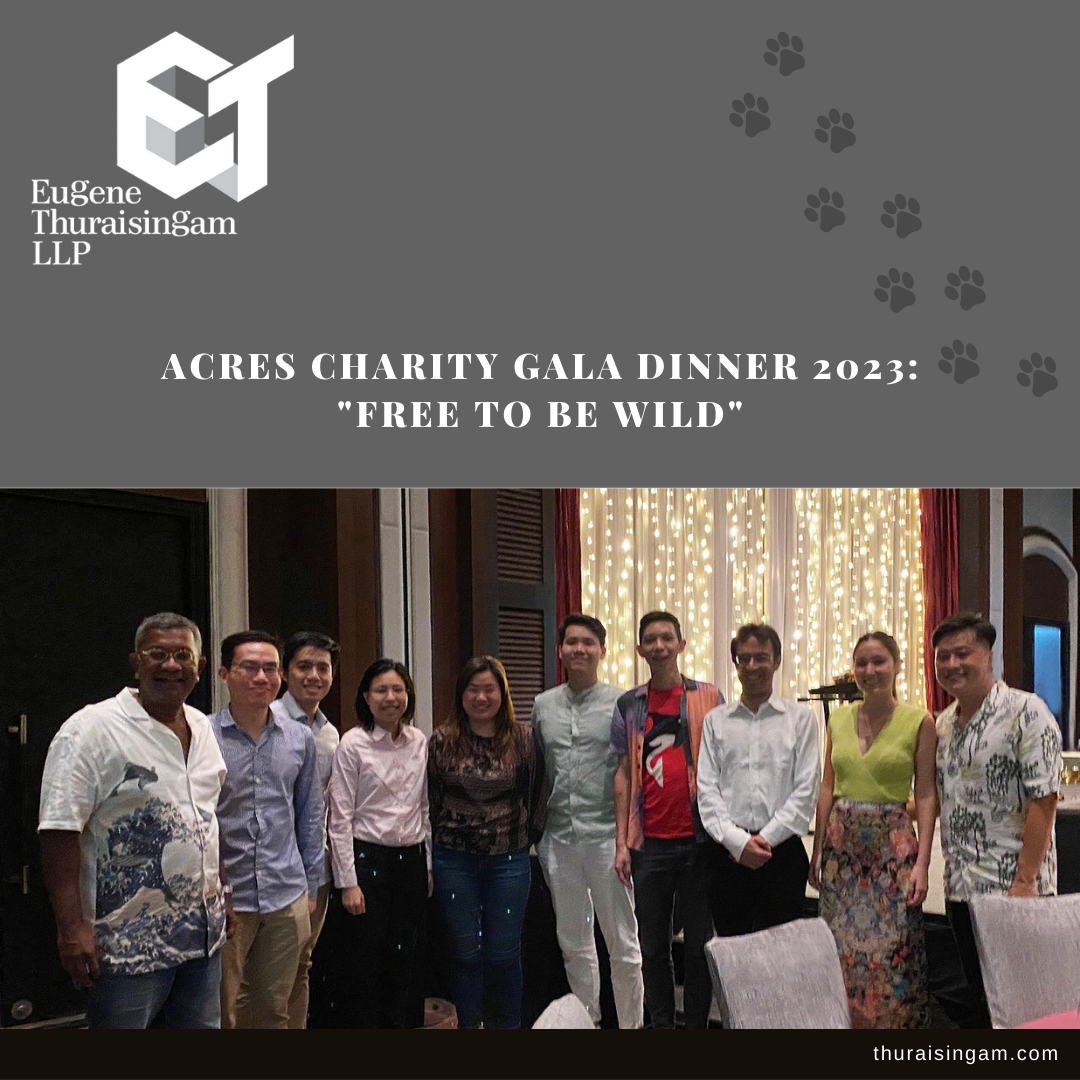Pink Dot 2021
Eugene Thuraisingam LLP is proud to be a returning Fuchsia sponsor for this year’s Pink Dot, which took place on 12 June 2021
1. Championing diversity and inclusion in society and the legal profession
Suang Wijaya said:
At Eugene Thuraisingam LLP, we celebrate diversity and embrace equality at the workplace. We affirm that the freedom to love is a fundamental aspect of human dignity, and are proud to be an ally to the LGBTQ community.
The firm is also acting in the on-going section 377A constitutional challenge. Judgment is pending.
[Read: Application to review the constitutionality of section 377A of the Penal Code; Arguments for the repeal of Section 377A of the Penal Code; Section 377A of the Penal Code – Hearings concluded; and Constitutional Challenge to Section 377A – Singapore Court of Appeal to Hear Arguments]
2. Perception of pro bono
In an online comment, Chooi Jing Yen said:
“Pro bono” is a good phrase. It is universally recognised as a positive thing. Lawyers doing pro bono work are seen as noble. Though pro bono practice is not mandatory, Singapore lawyers are required to declare each year the number of hours they had spent doing pro bono work.
Nobody will say that pro bono practice is bad. It promotes access to justice. It gives the poor, the underprivileged and the underrepresented a voice. Eugene Thuraisingam, the Law Society’s Pro Bono Ambassador for 2020, and his team and the staff of the Law Society Pro Bono Services have joined forces in running nearly 2,000 kilometres to raise more than S$100,000 for LSPBS’ “Inclusive Justice” campaign, whose programmes help to provide legal aid to thousands who need it but who cannot otherwise afford it.
We feel good when we read about how a foreign domestic worker is acquitted of theft charges on appeal through her representation by a pro bono lawyer. We think that the legal system is working and that we have somehow contributed to this by supporting pro bono efforts in general.
This is the rosy side of the pro bono story. It is the face that you want to see and believe in when you support organisations with a pro bono mission.
3. What does it mean to support pro bono?
Supporting pro bono practice also means: agreeing that the most heinous offenders, including (alleged) drug traffickers, murders, rapists and child abusers, are entitled to legal representation and deserve a fair trial. Why? If the legal system is to work, it must work for everyone – not just for the factually innocent. When we as lawyers defend these offenders, we are not just defending them. We are also defending you. We are defending our legal system.
Supporting pro bono legal work means accepting an inherent tension in our legal system. The state, representing the people, has an interest in putting away criminals. But the same people also have an interest in ensuring that no innocent person gets mistakenly put away. The legal process is the only method we have for determining which way the balance tilts. Some say it is not the best method, but for now, it is the only one we have.
Supporting “pro bono” as an ideal means supporting unpopular causes. You can of course choose which of numerous worthy causes you wish to support. The point is that if a cause were popular, it would not be under-voiced (and hence require pro bono efforts). Some causes that were once unpopular have now become entrenched rights: see slavery, women’s suffrage and racial segregation.
Some causes that are still unpopular in some countries have become accepted norms in others: see the right against self-incrimination, the (abolition of) the death penalty, caning, detention without trial and torture as a means to obtain criminal confessions.
Other causes remain unpopular – or at least, what supporters there are remain hesitant to step forward and speak out because of the social cost associated with supporting an unpopular cause. Perhaps when these causes become more mainstream and therefore more “accepted”, more will dare to step forward and be counted.
4. Concluding remarks
In Singapore, this means the abolition of s 377A and the acceptance of non-heterosexual unions.
In case you missed this year’s Pink Dot, you can watch it here:







